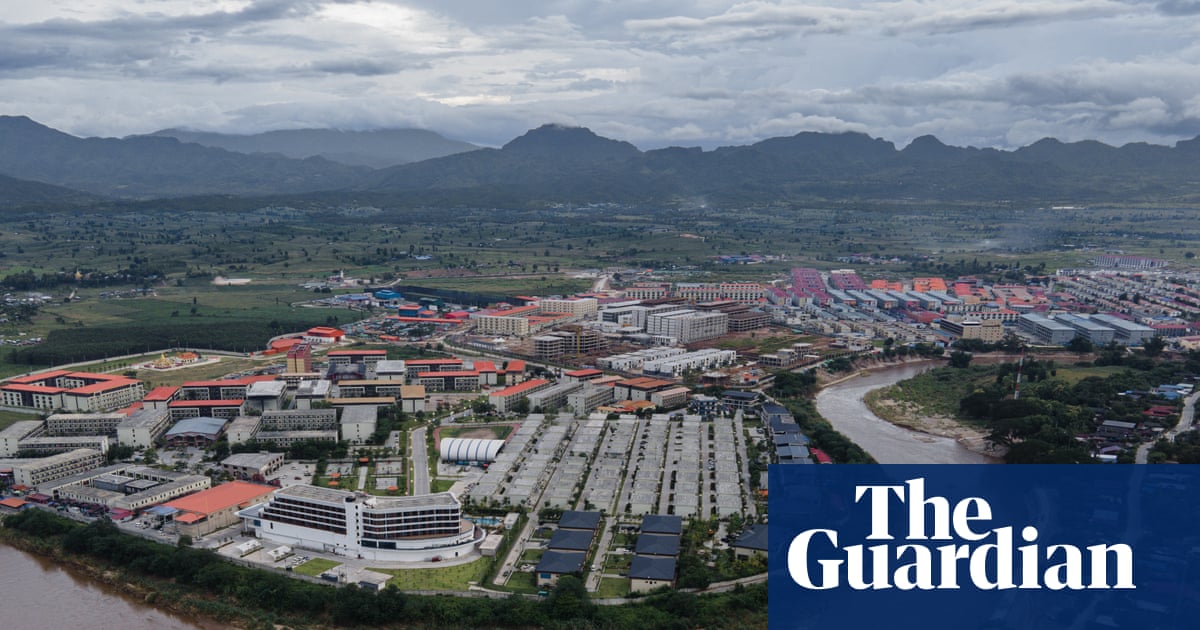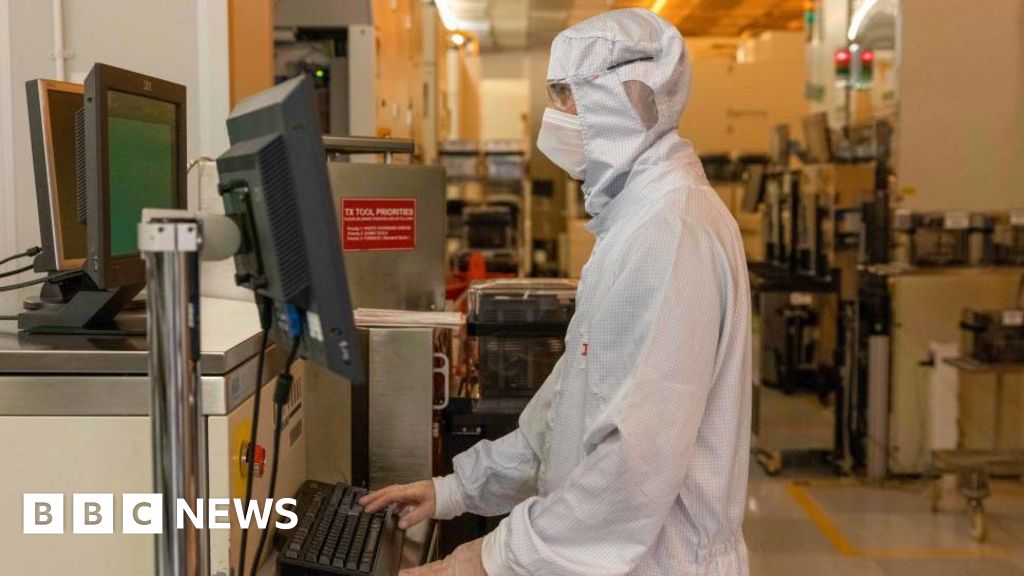Unbelievable Links: Elon Musk's Starlink Allegedly Fuels Global Scams!

When you think of SpaceX, you might imagine rockets soaring into space, not crime rings swindling billions. Yet, startling revelations have emerged connecting Elon Musk’s Starlink satellite service to nefarious scam operations in Myanmar, raising questions about corporate responsibility and accountability.
A powerful bipartisan committee in the U.S. Congress has launched a serious investigation into the involvement of Starlink in providing internet access to these scam centres, which have been linked to extensive international fraud. According to an investigation by Agence France-Presse, these scam operations began to flourish when a surge of Starlink dishes appeared on their rooftops, coinciding with a crackdown on such centres in February meant to eradicate this illegal activity.
In just three months, Starlink has rapidly become Myanmar’s leading internet provider, as reported by the APNIC Asian regional internet registry. However, the question arises: is this rapid expansion enabling criminal enterprises? SpaceX, which owns Starlink, has not commented on this troubling situation despite multiple inquiries from AFP.
The U.S. Congress joint economic committee, which has the power to summon Musk for questioning, initiated its investigation in July. With increasing calls to action, Senator Maggie Hassan, the committee’s leading Democrat, has urged Musk to cut off Starlink service to these fraudulent operations. “While most people have probably noticed the increasing number of scam texts, calls, and emails, they may not know that transnational criminals halfway across the world may be perpetrating these scams by using Starlink internet access,” Hassan emphasized.
This situation is further complicated by alarming reports of forced labor and human trafficking linked to these scam centres. A UN report indicates that up to 120,000 individuals might be trapped in these operations, many of whom are subjected to violence and extreme working conditions. Former California prosecutor Erin West, who now leads the Operation Shamrock group aimed at combating these crimes, expressed her outrage, saying, “It is abhorrent that an American company is enabling this to happen.”
Americans, in particular, have become prime targets for these Southeast Asian scams, with the U.S. Treasury Department estimating that losses to such fraud reached an astounding $10 billion last year, marking a 66% increase in just twelve months. The situation remains dire, with satellite imagery revealing new construction activities at heavily guarded compounds on the Thailand-Myanmar border, many equipped with Starlink receivers.
As this investigation unfolds, the world watches closely to see how one of the most innovative tech giants might be inadvertently fueling a global crisis.




























